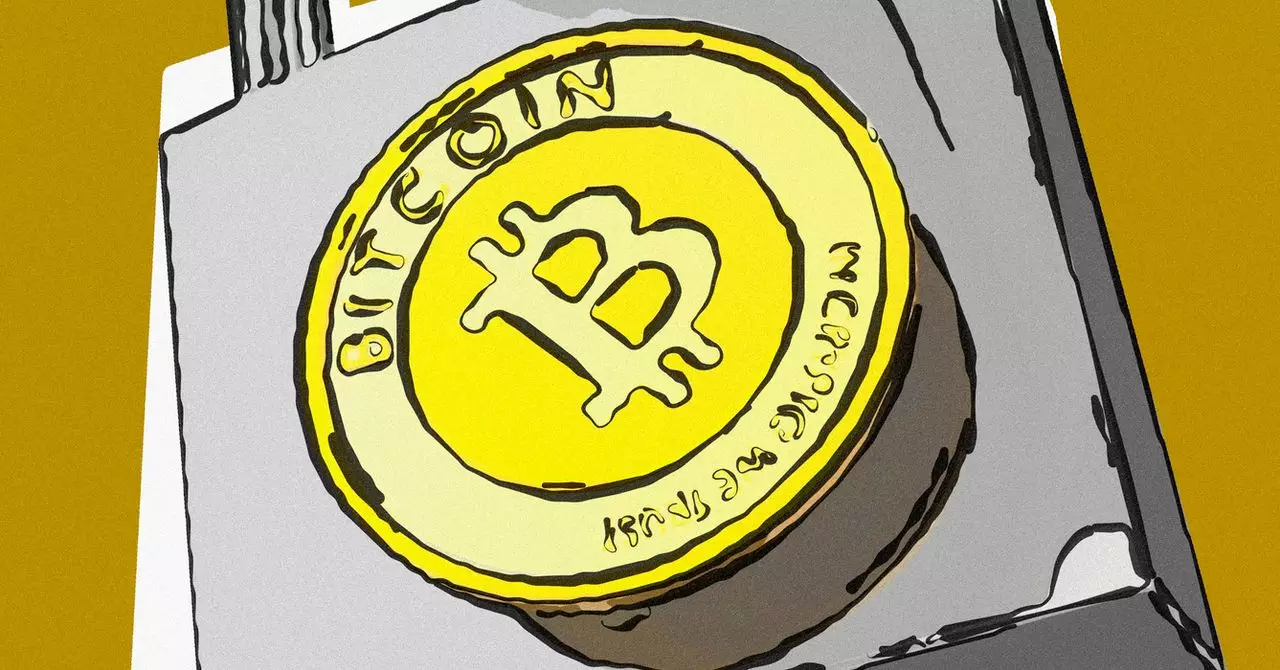The concept of a U.S. government Bitcoin reserve presents a tantalizing prospect: a digital vault of cryptocurrency that claims to provide economic security against inflation. Promoted as a safeguard for the American dollar’s dwindling purchasing power, this initiative, if realized, could transform the dynamics of digital asset investment, government finance, and public trust. Proponents, led by figures like Sacks, see this reserve as akin to a futuristic Fort Knox, promising not just financial stability but also a shot of legitimacy for the cryptocurrency sector. However, upon closer examination, the undercurrents of this plan reveal a set of significant and often troubling assumptions about both the market and the role of government.
The Shaky Foundation of Assumptions
At its core, the plan operates on two pivotal assumptions: firstly, that Bitcoin prices will rise inexorably in the future, and secondly, that any government-held Bitcoin could be liquidated back into U.S. dollars without destabilizing the market. This reliance on an optimistic outlook disregards the inherent volatility of cryptocurrencies, which are notoriously unpredictable. Such an approach holds more than a whiff of speculation, muddying the waters between genuine long-term investment and gambling at a national scale.
Critics argue that prices are not guaranteed to go up; in fact, the cryptocurrency market is fraught with risks. If Bitcoin fails to maintain its value or experiences a decline, the U.S. government risks not only financial loss but also a significant blow to public confidence in both cryptocurrency and government fiscal responsibility. That said, it is puzzling why such a plan would be pursued when the potential for adverse outcomes remains so pronounced.
Economic Implications and Opportunity Costs
The government hoarding Bitcoin poses numerous opportunity costs, which often go overlooked. Unlike conventional assets such as stocks or bonds that offer returns, Bitcoin remains dormant as a “store of value” without generating any income. This situation renders the act of holding onto vast quantities of Bitcoin financially burdensome. Economic theorist George Selgin succinctly puts it: “Having a reserve that consists solely of Bitcoin is still economically costly.”
The reserved Bitcoin could indeed appreciate, but the reluctance or inability to cash in on a lucrative selling moment brings into question whether this initiative is acting in the public interest or merely facilitating a favored chapter in the evolving narrative of cryptocurrency. Moreover, as the government leans into a currency that lacks an inherent income-generating capacity, it raises serious ethical questions about fiscal stewardship.
Political Ramifications and Conflicts of Interest
The plan has not just drawn ire from economists; it has also become a political powder keg. Politicians, particularly Democrats like Elizabeth Warren, have raised alarms over potential conflicts of interest, especially concerning prior investments made by members of the Trump administration. The conflation of public office and private gain further complicates the narrative, leading to growing skepticism about whether lawmakers are prioritizing public benefit or personal profit.
This overlap between government and the private crypto realm muddles the waters of regulation and accountability. It puts enormous pressure on elected officials to demonstrate that their motivations are altruistic and focused on public interest. Sadly, with rising alarm over governance integrity, advocates for this Bitcoin reserve must grapple with the realities of individual motivations in a system that often rewards cynicism.
The Ripple Effect: Implications for States and Global Politics
As the U.S. grapples with its potential Bitcoin reserve, echoes of this initiative may compel individual states and even foreign governments to follow suit. The precedent set by the federal government could create a domino effect, prompting state governments to invest in Bitcoin as a hedge against fiat currency risks. States like Texas and Ohio have already introduced legislation to allow state entities to purchase Bitcoin, indicating a notable shift in the landscape of state-level finance.
Such moves could dangerously entrench cryptocurrencies in the realm of public finance, with states potentially racing to accumulate digital assets. This not only accentuates the speculative nature of cryptocurrencies but also risks creating a myriad of state-level policies that could lead to disjointed financial approaches across the nation. As various countries join the fray, the potential of a decentralized global finance system becomes apparent but fraught with challenges.
While the prospect of a Bitcoin reserve brings excitement for many in the crypto community, the overwhelming skepticism from economists and policymakers suggests a complex and potentially perilous road ahead. The plan might herald a bright new future for digital finance or highlight the pitfalls of speculative governance, and it remains to be seen whether the digital vault becomes a cornerstone of innovative finance or collapses under the weight of its fundamental contradictions.

